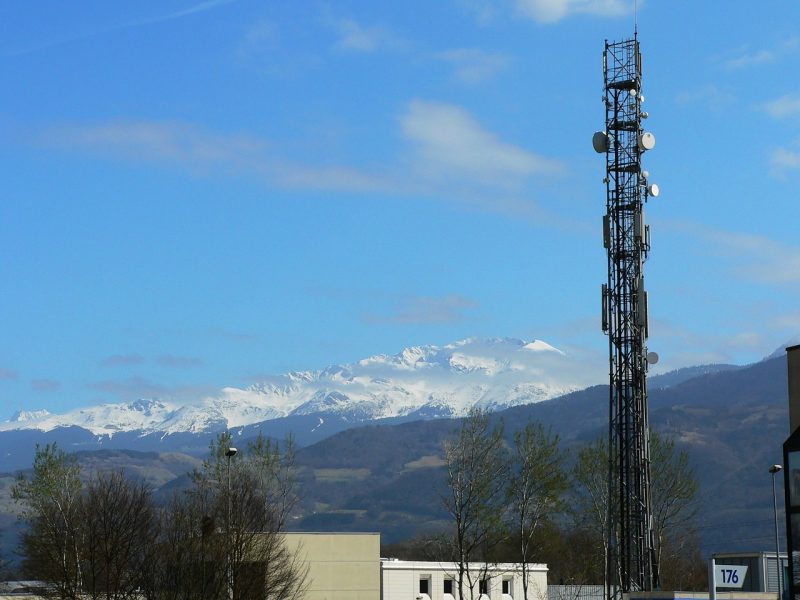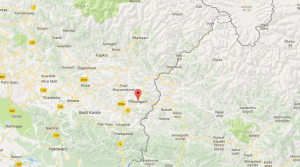In the past, there had been several reports of strong mobile network of either side operators in the other side at Nepal India border. Since, Nepal borders with India in large area and the cellular towers are placed in such a way to cover a large distance, even towards another country, such penetration of signals towards another country is very likely. It is also very hard to control radio signal. This time, a news in Tribune India reports regarding the presence of strong signal in Pithoragarh, which according to them is posing a threat to their national security.
Pithoragarh is a small city in Uttarakhand state of India, borders with Baitadi of Nepal in the east and China in the north. Due to absence of any mobile tower from Indian telcos and presence of very strong signal of Nepal Telecom, people living there are bound to use Nepal Telecom SIM card to call inside their country. Since they use Nepal Telecom’s network, it will be an international trunk call whose price is higher than the local call.
As BSNL, the indian government owned telco have limited towers in the area and private telcos are not allowed to operate in the border region due to security, residents in the small cities and large no of villagers are dependent on strong Nepalese communication network. Not only normal people, security personnel are also using the Nepalese mobile network.
The news even reports that this is posing a threat to their national security along with the loss of revenues in crore whereas Nepalese operator Nepal Telecom is earning a large sum. The news falsely claims that the Nepalese security agency can easily tap the Indian calls and that can be a threat to India since Nepalese political leaders are making anti-indian statements.
There are also areas in Nepal, where people can only use Indian telcos network, a big revenue loss to Nepal but comes handy for the ones to make local call to their relatives on the other side of the border.
Meanwhile many customers in different areas of Nepal are complaining of no network coverage in their inhabitant, but the government owned operator Nepal Telecom is serving its network to different bordering villages. This is the randomness of a radio signal. You really cannot make a radio signal reach exactly the way you like.














